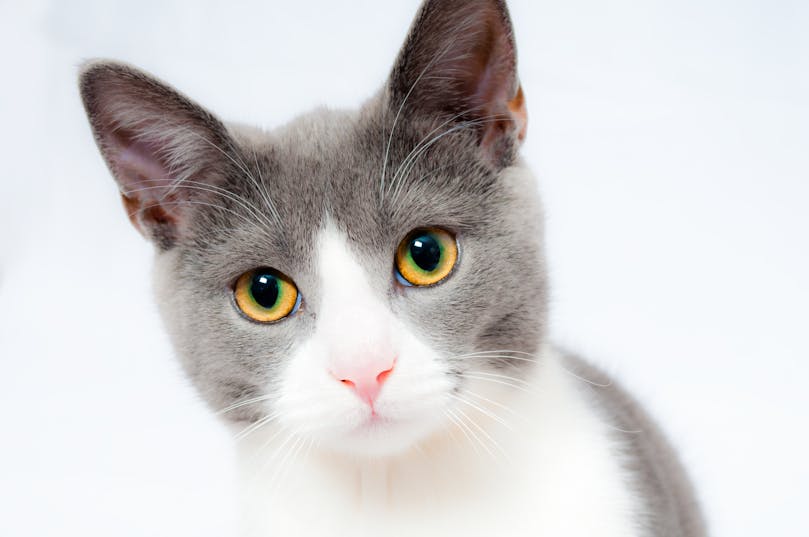Sloths are undeniably fascinating creatures. With their adorable faces, slow movements, and unique charm, it’s no surprise that some animal lovers dream of keeping one as a pet. But while the idea might seem appealing, owning a sloth comes with significant challenges and ethical considerations. So, should you keep a sloth as a pet? Let’s explore what every potential sloth owner needs to know.
🩺 Vet Recommendations
As a licensed veterinarian, I can confidently say that sloths are not suitable pets for most people. These exotic animals have specialized needs that are incredibly difficult to replicate outside of their natural habitat. They require a very specific diet, controlled environmental conditions, and expert care to stay healthy.
Sloths are also wild animals, not domesticated species like dogs or cats. Even if they look cuddly, they are not naturally inclined to bond with humans, and handling them can cause stress or harm. Additionally, many regions have strict legal restrictions on owning exotic animals, including sloths, to protect both the animals and public safety.
📋 Care Tips
Sloths are native to tropical rainforests in Central and South America, where they spend most of their lives hanging from trees. Replicating their natural environment in a home setting is nearly impossible. Here’s why:
- Temperature and Humidity: Sloths need consistently warm temperatures (around 77–86°F) and high humidity levels (60–80%). Maintaining these conditions indoors requires specialized equipment like climate-controlled enclosures.
- Diet: Sloths eat a diet of leaves, fruits, and flowers in the wild, which is difficult to mimic in captivity. Feeding them the wrong foods can lead to malnutrition or digestive issues.
- Space Requirements: Sloths need ample vertical space to climb and hang. A small cage or enclosure is unsuitable for their physical and mental well-being.
- Health Care: Exotic animals like sloths require veterinarians with specialized training. Finding a local vet experienced in sloth care can be a major challenge.
Even with the best intentions, most people cannot meet these care requirements, which can lead to severe health and behavioral issues for the animal.
✅ Do’s and Don’ts
If you’re still considering owning a sloth, here are some critical do’s and don’ts to keep in mind:
- Do: Research local laws and permits. Many areas prohibit owning sloths as pets.
- Do: Support ethical wildlife sanctuaries or conservation programs that protect sloths in their natural habitats.
- Don’t: Purchase a sloth from an illegal or unethical breeder. The exotic pet trade often involves inhumane practices and harms wild populations.
- Don’t: Assume a sloth will behave like a domestic pet. They are solitary, wild animals with specific needs.
Instead of trying to own a sloth, consider supporting reputable organizations that work to preserve their natural habitats and educate the public about these incredible animals.
💡 Expert Advice
Owning a sloth may seem like a dream come true, but the reality is far more complicated. These animals thrive in the wild, where they have the freedom to climb, forage, and live as nature intended. Keeping a sloth as a pet not only compromises their well-being but can also contribute to the unethical exotic pet trade.
Instead of bringing a sloth into your home, consider exploring ways to connect with them responsibly. Visiting a certified wildlife sanctuary or donating to conservation efforts can help protect sloths and their habitats while allowing you to enjoy their beauty from a distance. This approach ensures that sloths remain healthy and safe, while you get to support a cause that truly makes a difference.
If you’re looking for a more interactive pet experience, there are countless domesticated animals like dogs, cats, or rabbits that are far better suited for life with humans. These pets thrive in home environments and are more likely to form meaningful bonds with their owners.
FAQs
Q: Is it legal to own a sloth as a pet?
A: Laws vary depending on your location. In many areas, it is illegal to own a sloth without special permits. Always check your local and federal regulations before considering an exotic pet.
Q: Are sloths dangerous to humans?
A: While sloths are not aggressive by nature, they can become defensive if stressed or frightened. Their long claws can cause serious injuries if they feel threatened.
Q: What do sloths eat in captivity?
A: Sloths require a diet that closely mimics their wild diet, including specific types of leaves, fruits, and vegetables. Improper feeding can lead to health issues.
Book a $49 online vet consultation at https://www.dialavet.com for fast, expert advice.























